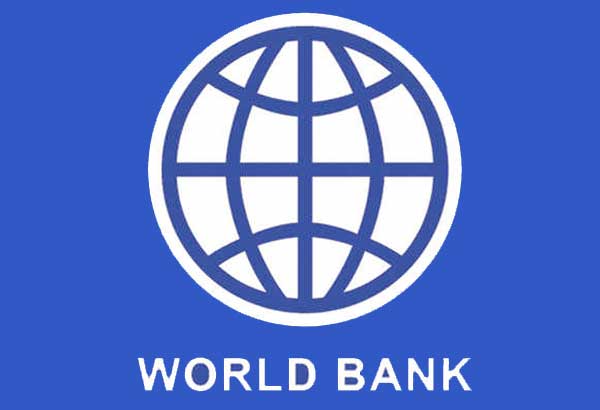 The World Bank Group has mobilized 15 million dollars to provide 10,500 tons of maize and rice seeds to over 200,000 farmers in Guinea, Liberia and Sierra Leone for the April planting season to avert hunger, which has hit these countries.
The World Bank Group has mobilized 15 million dollars to provide 10,500 tons of maize and rice seeds to over 200,000 farmers in Guinea, Liberia and Sierra Leone for the April planting season to avert hunger, which has hit these countries.
This has become necessary because the Ebola crisis had taken a heavy toll on the economies in all three countries, and the agriculture and food sectors have been particularly hard hit.
The funds, in the form of grants financed by the International Development Association (IDA) and the Ebola Recovery and Reconstruction Trust Fund, will also be used to purchase fertilizer required to multiply foundation seed to meet tight planting season deadlines and help lay the foundations for sustained recovery.
A statement from the World Bank Group copied to the Ghana News Agency explained that latest estimates by FAO and the World Food Programme, has showed that in Guinea, 230,000 people were food insecure and that number could rise to more than 470,000 by March 2015.
Similarly, 170,000 people in Liberia were also food insecure and the number of hungry people could top 300,000.
“Ebola’s onset coincided with the cropping and harvesting periods, and rural flight led to large-scale shortages of farm labor. In Sierra Leone, over 120,000 people are food insecure and their numbers could climb to more than 280,000. Kailahun, an epicenter of the epidemic, is the country’s most fertile, food-producing area”, it added.
More than one million people could go hungry unless they have reliable access to food and emergency measures are taken immediately to safeguard crop and livestock production.
Mr Makhtar Diop, World Bank Vice President for Africa noted that “Agriculture is the lifeline of the economies of Guinea, Liberia and Sierra Leone. By speeding supplies of urgently needed seeds of major food crops to communities in West Africa, we are jump starting recovery in rural areas and preventing the looming specter of hunger in the countries hardest hit by Ebola.”
The World Bank Group’s push marks an unprecedented effort through one of its regional programmes, the ongoing West Africa Agricultural Productivity Programme (WAAPP) that spans 13 West African countries, including the three Ebola-hit countries.
Advance preparations ahead of the planting season, include elaborate plans to source seeds from eight countries, completion of needs assessments, sourcing of seed suppliers, collaboration with AfricaRice (a CGIAR Center) to multiply rice foundation seed, and organizing in-country distribution of seeds and fertilizers to farmers in a timely manner.
To enable free movement of seed-laden trucks, travel routes have been pre-arranged and the inter-governmental Economic Community of West African States (ECOWAS) has authorized customs and border control authorities to let the trucks pass without difficulty. Truck movement will be monitored in real time through a short messaging system (SMS) especially at border check points.
Farming is essentially a social activity, and movement restrictions have severely dented farmers’ ability to harvest crops, market produce, prepare fields for planting and maintain a steady supply of seed for planting in the next season.
The statement noted that desperate farming families have resorted to eating stored seed, originally intended for use in the next cropping cycle. Rural flight has caused harvest-ready crops to wither in the fields.
Juergen Voegele, Senior Director of the World Bank Group’s Agriculture Global Practice said “While Ebola has had devastating economic consequences in affected countries, we are confident that focused efforts on reviving agriculture will not only help feed people, unleash economic growth and strengthen food production capabilities but also arrest the precipitous deprivation and deepened poverty caused by the disease.”
Source: GNA























